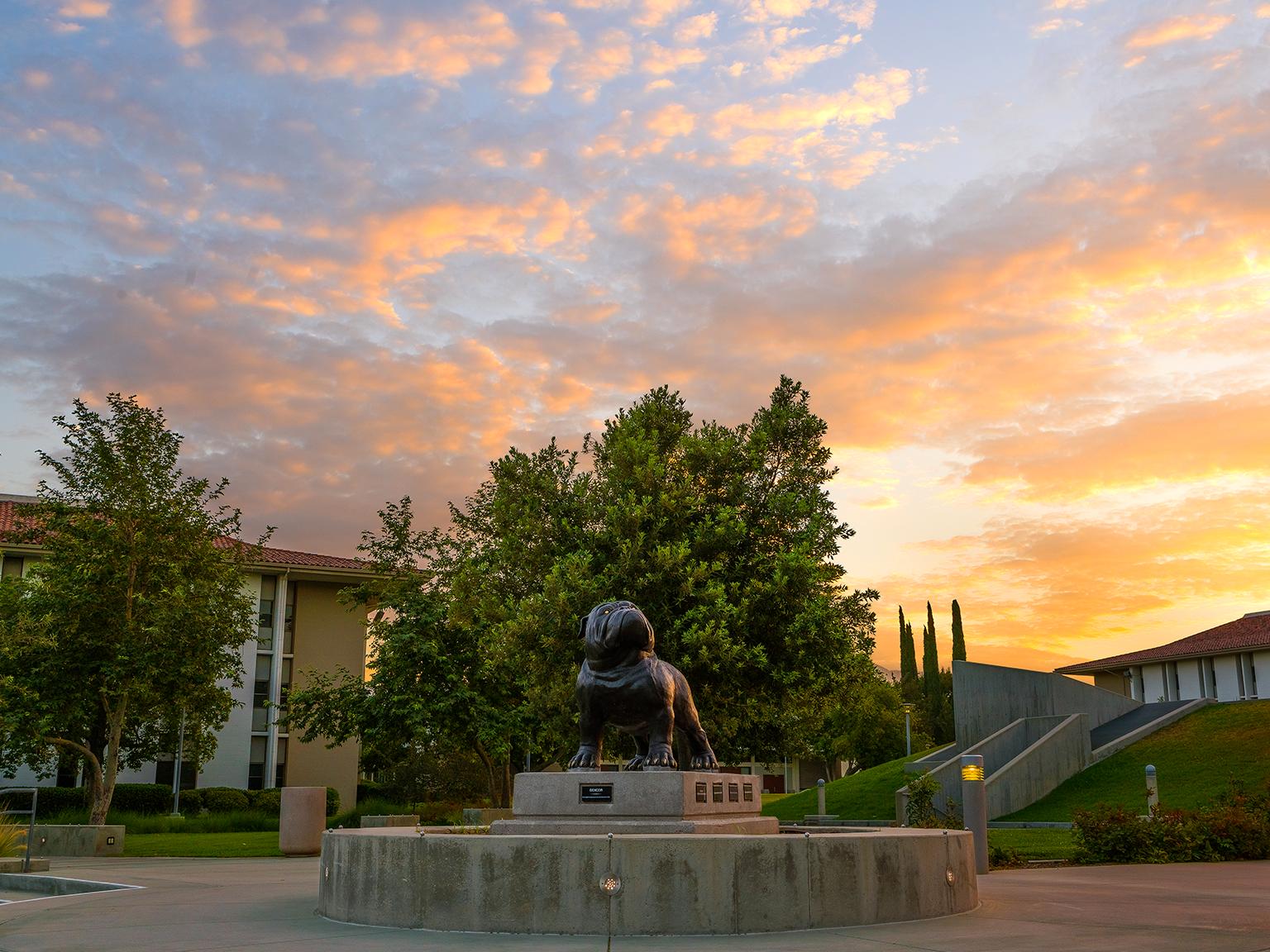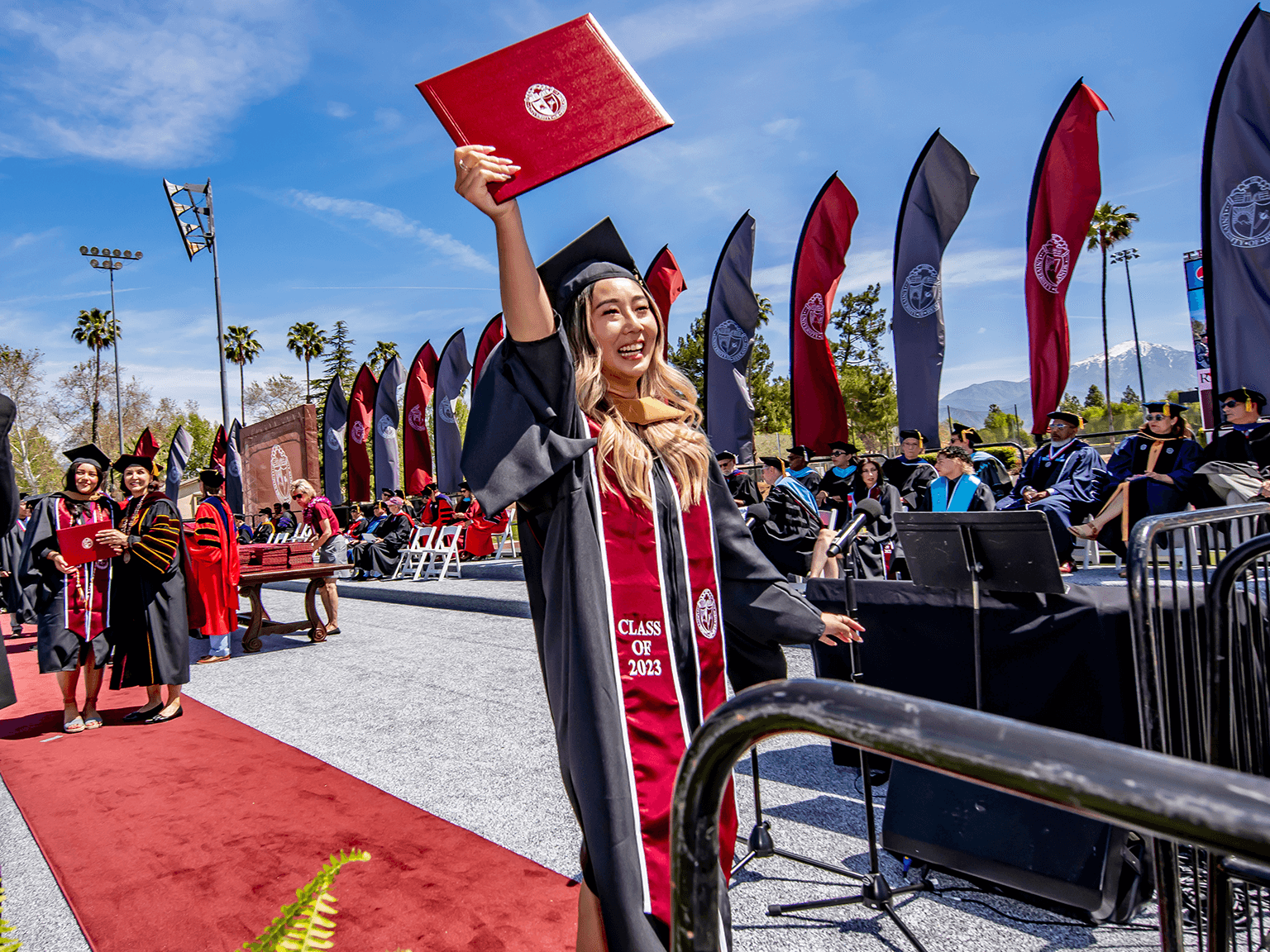1. I have a disability. Do I have to meet the same requirements for admissions as student who do not have a disability?
Yes. According to the ADA Amendments Act of 2008, Americans with Disabilities Act of 1990 and Section 504 of the Rehabilitation Act of 1973, colleges do not have to lower their admissions standards for students with disabilities.
2. What documentation do I have to provide to prove that I have a disability?
We ask for psycho educational evaluations or documentation from an appropriately licensed and certified person who is qualified to diagnose your disability and to provide a statement about its impact on your ability to function as a student in college.
Testing must be no older than five years for learning disabilities and no more than three years for ADD/ADHD. Mental health/psychological diagnoses will be evaluated on a case-by-case basis. Evaluation must clearly indicate a disability covered under ADA and contain sufficient support stipulating there is a disability.
An evaluator is qualified to make the diagnosis if the documentation has ED, Med, Dev. Hx. and relevant test scores are included. Adult testing measures are required (e.g., WAIS vs. WISC - check with qualified professional, with the Office of Disability Services, or refer to documentation guidelines on Educational Testing Service's website, www.ets.org, and visit the section on Students with Learning Disabilities).Documentation for support of accommodations is needed as well as an explanation of why there were no prior accommodations, if applicable.
3. I have an IEP from high school. Is that adequate documentation?
No. The IEP from high school identifies the services the high school agreed to provide. The high school IEP does not document the disability or identify the impact on college education, however, we can accept the IEP as a part of your documentation. A recent psychological and/or educational evaluation from the high school's school psychologist or other licensed professional will be used for documentation.
4. Where do I send documentation of my disability?
Do not send documentation to the Admissions office. After you have been admitted to the University, send documentation to the Student Success Center at ASA@redlands.edu.
5. How do I register with ASA?
To register with ASA, you will need to meet with our Student Success Center team. To make an appointment, please call 909-748-8069 or email ASA@redlands.edu.
6. Can I visit ASA while on a campus tour?
If you are planning to visit our campus as you select a university, feel free to contact ASA for an appointment if you would like to discuss specific accommodations in more detail. Our calendar fills up rapidly, so please do not plan on just "stopping by." An appointment is appreciated.
7. I think I have a disability, but have never been tested. How do I get tested?
ASA maintains a list of qualified professionals who can work with you to determine if you have a learning disability. Stop by ASA or email us at ASA@redlands.edu for a copy.
8. Who pays for the testing?
In college, students are responsible for any costs incurred in documenting a disability. The University of Redlands offers student health insurance that covers 80% of Diagnostic Testing for Attention Disorders and Learning Disabilities.
9. If I decide to register with ASA, is my information confidential?
Yes, all information is private. ASA will retain the information for seven years after your departure from the University and it will be destroyed after that time frame.
10. How are accommodation decisions made?
The University must provide reasonable accommodations to students with documented disabilities. SSC uses a student's self report and may use documentation as a guideline for determining appropriate accommodations. While professionals may suggest possible accommodations, the University is not required to follow the professional's recommendations. In addition to ensuring access for students, ASA must also ensure that accommodations do not compromise the integrity of the class or academic standards of the University. Accommodations are determined by the Student Success Cetner. To receive accommodations
-
Schedule an appointment with ASA by calling 909-748-8069 or emailing ASA@redlands.edu.
-
Provide documentation of the disability to ASA. See Documentation Guidelines.
Students will have the opportunity to sign a Release of Information Form with ASA: Family Educational Rights and Privacy Act (FERPA).
11. When do accommodations begin?
First, you must schedule an appointment with the Student Success Center. Accommodations will be discussed and the appropriate academic accommodations will be in effect at that point. The accommodation form is emailed to you and your professor's at the beginning of each semester. It is strongly recommended that you make an appointment or visit during office hours with each of your professors to go over your accommodation form together. This ensures that everyone is clear on how the accommodations will be implemented in each particular class.
12. Do I need to meet with ASA each semester to receive accommodations?
No, you do not need to meet with ASA each semester that you are receiving accommodations. A week prior to the start of the semester you will receive an email notification from ASA requesting that you confirm wanting to put academic accommodations in place for that semester and for which classes. The accommodation form will be sent out to you and your professor's during the first week of classes.
If you need academic support, the Student Success Center provides services and programs to help you get back on track. Services and programs include academic counseling, peer mentoring, worksheets, presentations, tutoring, and more.
13. Is there someone who will closely monitor my progress?
Unlike high school, the university setting requires students to act as independent adults. However, there are individuals who can work with the student upon request. Students should work closely with their faculty advisor first. Students are encouraged to utilize time with their professors, the ASA department, and student peer mentors if extra support is needed. If a student comes to ASA when things are going poorly, every effort will be made to get that student back in line within the parameters of our services. ASA can or will meet with students on a weekly, biweekly, or monthly basis depending on a student's needs. ASA will do its best to help students achieve better academic standing and to improve in overall performance.



